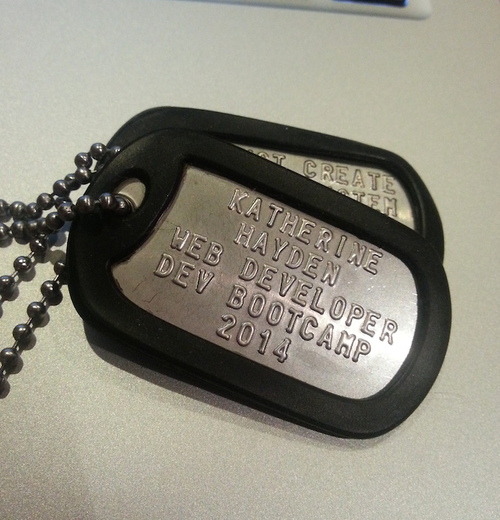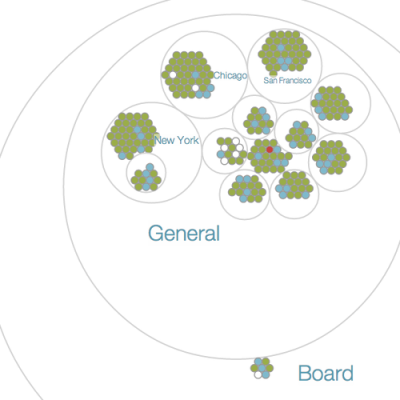A History of Independence
I’ve been reading a difficult book. It’s called The People’s History of the United States. It’s difficult because it tells the story of America from the perspective of the oppressed. As a financially secure, white, heterosexual, cisgendered man, I come from an unbroken lineage of men, who with many other similar men, benefitted immensely from the oppression of millions of people. It’s not pleasant to study this, and yet, it is enlightening.
Today is July 4th. America’s Independence Day. I’m actually alone in Spain today, so I’m missing our town’s parade and fun festivities with my family. I’ve decided to write down some poignant excerpts from the book as a way for me to let the lessons of history sink in. And to ponder how much further we need to progress if we want every American to truly celebrate their independence.
Frederick Douglass, July 4th, 1852, full text
Fellow Citizens: Pardon me, and allow me to ask, why am I called upon to speak here today? What have I or those I represent to do with your national independence? Are the great principles of political freedom and of natural justice embodied in that Declaration of Independence, extended to us? …
What to the American Slave is your Fourth of July? I answer, a day that reveals to him more than any other days of the year, the gross injustice and cruelty to which he is the constant victim. To him your celebration is a sham; your boasted liberty an unholy license; your national greatness, swelling vanity; your sounds of rejoicing are empty and heartless; your denunciation of tyrants, brass-fronted impudence; your shouts of liberty and equality, hollow mockery; your prayers and hymns, your sermons and thankgivings, with all your religious parade and solemnity, are to him mere bombast, fraud, deception, impiety, and hypocricy – a thin veil to cover up crimes which would disgrace a nation of savages. There is not a nation of the earth guilty of practices more shocking and bloody than are the people of these United States at this very hour.
Go where you may, search where you will, roam through all the monarchies and despotisms of the Old World, travel through South America, search out every abuse and when you have found the last, lay your facts by the side of the everyday practices of this nation, and you will say with me that, for revolting barbarity and shameless hypocricy, America reigns without rival.
Sojourner Truth, 1853
I know that it feels a kind o’ hissin’ and ticklin’ like to see a colored woman get up and tell you about things, and Women’s Rights. We have all been thrown down so low that nobody thought we’d ever get up again; but… we will come up again, and now I’m here…. we’ll have our rights; see if we don’t; and you can’t stop us from them; see if you can. You may hiss as much as you like but it is comin’…. I am sittin’ among you to watch; and every once in a while I will come out and tell you what time of night it is….
Frederick Douglass, August 3rd, 1857, full text
Let me give you a word of the philosophy of reforms. The whole history of the progress of human liberty shows that all concessions yet made to her august claims have been born of struggle…. If there is no struggle there is no progress. Those who profess to favor freedom and yet deprecate agitation, are men who want crops without plowing up the ground. They want rain without thunder and lightning. They want the ocean without the awful roar of its many waters. The struggle may be a moral one; or it may be a physical one; or it may be both moral and physical, but it must be a struggle. Power concedes nothing without a demand. It never did and it never will….



